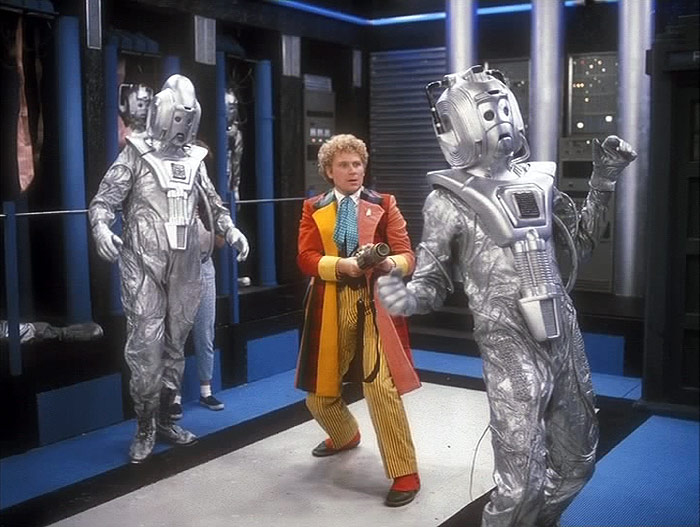Here is a paragraph from near the beginning of De la Grammatologie, translated by Google:
Whatever one thinks under this heading, the problem of language has probably never been a problem among others. But never as much as today has he invaded as such the world horizon of the most diverse researches and discourses the most heterogeneous in their intention, their method, their ideology. The very devaluation of the word “language,” all that, in the credit given to it, denounces the cowardice of the vocabulary, the temptation to seduce at little cost, passive abandonment in fashion, -guard, that is to say, ignorance, all this testifies. This inflation of the sign “language” is the inflation of the sign itself, absolute inflation, inflation itself. Yet, by a face or a shadow of herself, she again beckons: this crisis is also a symptom. It indicates, in spite of itself, that a historico-metaphysical period must finally determine as a language the totality of its problematic horizon. It owes it not only because everything that desire had sought to wrest from the play of language is taken up again, but also because, at the same time, language itself is threatened in its life, helpless, disoriented To have no limits, to return to its own finitude at the very moment when its limits seem to be effaced, at the very moment when it ceases to be reassured upon itself, contained and bordered by the infinite signified which seemed to exceed it.
And here it is translated by scholar and philosopher Gayatri Chakravorty Spivak:
However the topic is considered, the problem of language has never been simply one problem among others. But never as much as at present has it invaded, as such, the global horizon of the most diverse researches and the most heterogeneous discourses, diverse and heterogeneous in their intention, method, and ideology. The devaluation of the word “language” itself, and how, in the very hold it has upon us, it betrays a loose vocabulary, the temptation of a cheap seduction, the passive yielding to fashion, the consciousness of the avant-garde, in other words—ignorance—are evidences of this effect. This inflation of the sign “language” is the inflation of the sign itself, absolute inflation, inflation itself. Yet, by one of its aspects or shadows, it is itself still a sign: this crisis is also a symptom. It indicates, as if in spite of itself, that a historico-metaphysical epoch must finally determine as language the totality of its problematic horizon. It must do so not only because all that desire had wished to wrest from the play of language finds itself recaptured within that play but also because, for the same reason, language itself is menaced in its very life, helpless, adrift in the threat of limitlessness, brought back to its own finitude at the very moment when its limits seem to disappear, when it ceases to be self-assured, contained, and guaranteed by the infinite signified which seemed to exceed it.
If it were simply nonsense, cooked up by a con man, signifying nothing, there ought to be no difference in the comprehensibility of these two paragraphs, shouldn’t there? I could, jokingly, pull together meaning from the machine translation, assemble some ideas from it’s bad translation, and perhaps wax poetic on some combination of words that would not have arose from an intentional mind… But why bother, unless I found it fun?
